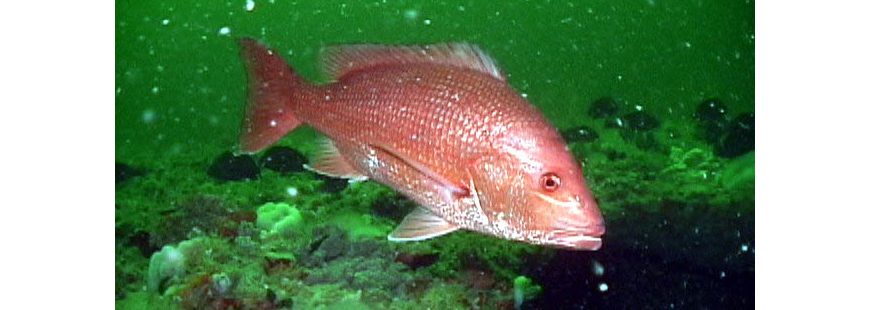On July 28, 2017, Representative Garret Graves (R-La.), with nine other Representatives, introduced the “Regionally Empowered Decision-making for Snapper, Noting the Angling Public and the Preservation of an Exceptional Resource Act,” or the “RED SNAPPER Act.” This bill attempts to address the challenges of shorter federal fishing seasons for red snapper for private recreational anglers in the Gulf of Mexico.
What does H.R. 3588 do?
Slightly different than the last congressional bill introduced by Rep. Graves in 2016 (H.R. 3094, the “Gulf States Red Snapper Management Authority Act”), H.R. 3588 increases state jurisdiction over red snapper management in the Gulf of Mexico while also giving the five Gulf states management control of recreational fishing seasons within state and federal waters. Specifically, the bill:
- Extends the distance of each Gulf state’s management jurisdiction to 25 nautical miles or 25 fathoms, whichever is greater. Currently, state jurisdiction only goes out to three or nine miles from shore, depending on the state.
- Establishes new criteria for Gulf States to use in determining the length of fishing seasons, including the use of information from various third parties, estimates of recreational fishing effort and catch rates, independent biological surveys, and a state’s own biomass estimates, among others.
- Requires the use of additional fishing data in determining the fishery’s sustainable catch limits by mandating the National Marine Fisheries Service (NMFS, or NOAA Fisheries) include Gulf States’ recreational fishery surveys and data collected by various third parties.
Our Position
The Magnuson-Stevens Act has a proven track record of improving the long-term health and viability of our nation’s marine ecosystems, fish populations, and coastal fishing communities. Single species and single sector approaches to management should be considered carefully by the regional fishery management councils rather than Congress.
Moving forward, we recommend Congress focus on fixing and improving the existing red snapper management process under the Magnuson-Stevens Act rather than handing it off to the Gulf States as proposed in H.R. 3588.
The Network believes that efforts should be made within the current federal fisheries law to improve the stock assessment process and should include:
- improving the quality, quantity, and speed of survey and catch data;
- advancing electronic monitoring programs;
- moving toward a system of annual stock assessments; and
- securing funding to ensure the success of these efforts.
We look forward to working with the bill’s sponsors and all of Congress through the reauthorization of the Magnuson-Stevens Act to continue the law’s success to date.


